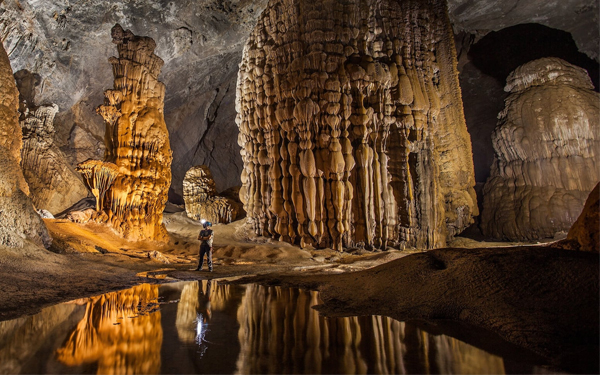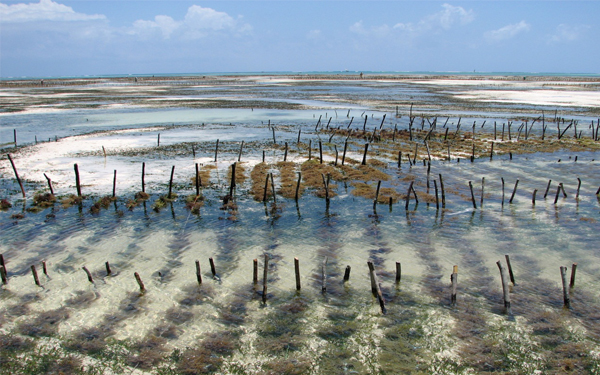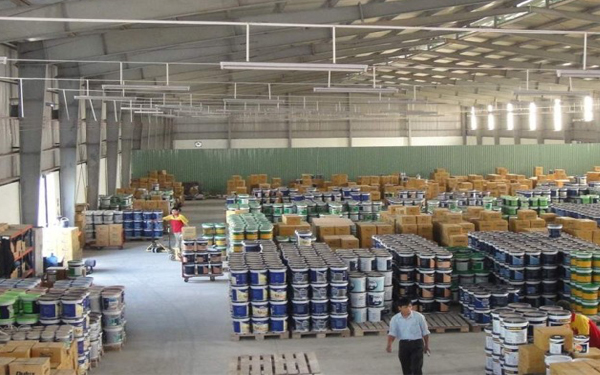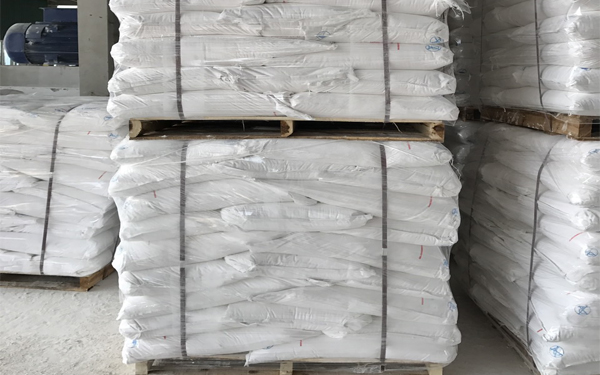Details
CALCIUM CARBONATE STONE POWDER (CaCO3)
- Calcium carbonate is a chemical compound with the chemical formula CaCO3. It is estimated that about 5% of the Earth's crust is some form of calcium carbonate, which is often found in the form of rocks (limestone, chalk, marble, etc) all over the world, which is the main ingredient in shells of shellfish and snails. It is the main cause of hard water.
- Calcium carbonate has many applications in real life and in manufacturing due to its popularity. Here are some applications of CaCO3 (also known as limestone, stone powder, light powder etc).
- Products are widely used in the industries of paint, plastic, high-grade paper, rubber, ceramics, artificial marble, animal feed, cosmetics, pharmaceutical, construction, environment treatment etc.
Super smooth Calcium Carbonate Stone Powder
- Uncoated natural white limestone powder. Materials are exploited from the company's white limestone quarries with the best quality, high purity and processed on the world's leading advanced technology line.
Application of CaCO3 Powder
1. Plastic industry

- Frame, Plastic Door: Calcium carbonate is widely used in rigid PVC and most commonly used in the manufacture of plastic pipes and ceiling panels. Using calcium carbonate products to increase product durability, better dispersion in plastic chemicals, optimal product gloss, improve the production process. Therefore, calcium carbonate is an indispensable material
- PVC pipes: This type often uses calcium carbonate fillers with low content because to make the pipe products withstand the highest pressure, the surface of the product is the smoothest and withstand surface impacts.
- Electricity cables: In polyolefin plastic cables, calcium carbonate is used increasingly with the purpose of reducing costs, besides calcium carbonate can be considered as a flame retardant (if combined correctly with other resins and additives). .
- Membrane: Calcium cabonate is widely applied in the manufacture of thin films to the production of thick sheets, increasing chemical properties and improving productivity. Calcium carbonate reduces production costs, increases hardness, durability and be filler for other products.
2. Pharmaceutical
- Widely used in pharmaceutical as a supplement of calcium, sour reductant. It is also used in the pharmaceutical industry as a substrate for tablets made from other pharmaceuticals.
- In agriculture, the diversity of minerals is very important. Calcium carbonate is considered as an additive in the production of pesticides and poultry food, calcium carbonate products in nature are suitable and environmentally friendly products.
- Calcium fertilizer is one of the first fertilizers used as a nutrient, calcium cabonate helps plants grow, is a natural buffer, a mineral that stabilizes the pH of the soil, This properties proves that calcium carbonate is still an important fertilizer.
4. Environment Treatment- Calcium carbonate as a natural neutralizer and as a pollutant filter, it is not dangerous to health and does not contain toxic substances.
- Absorb toxic gases accumulated in pond bottoms such as: NH3, H2S, CO2 etc and acids in water, reducing the proportion of heavy and toxic metals in ponds.
- Decomposing dead algae, suspended substances in ponds, helping to balance the water environment, stabilizing the pH.
- Stabilize water color, reduce scum, clean water, increase dissolved oxygen (DO) in water.
- Limit pathogens, harmful bacteria in water, glowing bacteria in ponds, etc.
5. Paints- Widely used in paint industry, calcium carbonate is considered as the main filler. The fineness and size distribution of calcium carbonate particles affects the luminance of the coating process.
- In addition, calcium carbonate has high brightness, low oil absorption, good dispersion, durable in the environment, low abrasion ability, stable pH, enhanced environmental corrosion resistance and improved viscous products.
- Calcium carbonate is widely used in the paint industry (decorative paints), it contributes to increasing the optical power of paint and the weight of paint. Calcium cabonat can use 60% concentration in paint production.
6. Glass- Calcium carbonate is one of the main components in glass along with silica and sodium carbonate.
- Calcium carbonate in glass is considered as a stabilizer, it regulates viscosity and increases the durability of glass.
- In all types of glass, it is often required that the properties of calcium carbonate must have low iron content, stable chemical properties and low humidity, dolomite and magnesium calcium carbonate can also be used as stabilizers intended to improve the resistance of glass in nature.
7. Ceramic- Calcium carbonate provides the main source of calcium oxide needed to produce ceramics, calcium oxide melts at a temperature of 1050oC, helps improve the mechanical and chemical endurance of the glass body and reduces shrinkage from firing.
- It is also mixed with mastic to install tinted glass windows, as well as a color barrier to prevent glass from sticking to the chambers in the furnace when firing glaze or painting with pigment at high temperature.
- And is known as the "whitening" in enameling ceramics. When the enamel containing the substance is firing in the furnace, white lime is the auxiliary material that flows in the glaze.
8. Detergents- Calcium carbonate increases the value when used in detergent manufacturing because of its hardness: the hardness of calcium carbonate is only 3 Moh while the hardness of silica 7 Moh.
- In the detergent market, there are two main types of applications for consumers: powders and creams. Calcium carbonate in powdered state helps it more slippery than other minerals. The cream state requires a lighter and finer type of calcium carbonate than the powder.
9. Paper- The use of minerals in paper production has long been known, kaolin and clay are the main raw materials used as fillers in paper production but the cost is high, while calcium carbonate is abundant in nature , lower cost but higher whiteness, in paper production environment is usually acidic, using calcium carbonate changes into neutral environment becomes a very good alkaline environment for paper production.
- Calcium carbonate as a filler in paper:
- Calcium carbonate is used as filler in writing paper, printing paper or packaging paper and cardboard, fillers in paper have advantages over non-filler types as follows: paper produced has a smooth surface, brightness, opacity, higher gloss and improved printing capabilities.
- Calcium carbonate as a coating in paper:
- Coating means increasing the surface quality of paper and rigid paper, and the large-scale coating process under the fiber structure layers will leave a stable paper surface for better printing.

- Widely applied, today calcium carbonate is the most important filler and coating in the paper production process. Fillers and calcium carbonate coatings will have a higher whiteness, giving the paper more opacity, gloss and printing ability at competitive prices.
- Calcium carbonate can be used in very big content, the amount of wood material can be reduced without affecting the durability of paper. Paper machines can operate at higher speeds and finish dry paper faster, these improvements save energy costs.

Please contact us for advice and best quotes:
Son Phuoc Dinh., JSC
Tel/Whatsapp: +84 983 383 286
Email: sonphuocdinhjsc@gmail.com